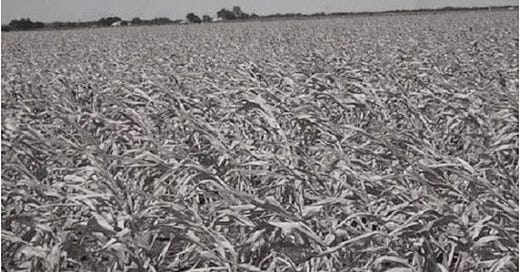If You Were That Farmer
Back at the pension, our home for the present, back among the living, I sank down on the chair Louis led me to and continued to rock back and forth, back and forth on it; I could not find my balance. I drank the brandy Richard gave me without comment, felt it go down, bringing more heat to my already burning lungs. He and Louis left the room and didn’t return. I grabbed hold of the cold fireplace screen with one hand to steady myself, bowed my head down, resting forehead on forearm, and in this position twisted my head to the side to stare at my jacket slung over the desk chair. I was stuck staring in this position for I don’t know how long. Finally, I lurched over and with a small struggle pulled out Enesa’s note that I had stuffed in the pocket. I smoothed it out; there were streaks of her blood smearing part of the writing, but it was otherwise legible. Her letter to Andy. Of course. Mail of the highest calling, of the most ridiculous order, fan mail, a message in a bottle that would not be rescued, bobbing endlessly on an endless sea.
Dear Mr. Dorenberg,
I sometimes think that you feel people love you because you are a famous singer and (illegible) player and that they are impressed merely with your skill and fame, and certainly that is true, but with me I want to tell you that it is more. But how would you know, how would you know who to trust, who is true and who is merely wanting what is fashionable, what is in, wanting what others want? Because they do.
I would like to prove my love for you is a finer thing than mere fandom. But how to do this? I think maybe if you were not famous, I could come to you. I think of my uncle’s house, his library and piano; Uncle Dekek always playing Chopin, pounding it, butchering it; he knows nothing of music really, nothing of you. Under his desk are stacks of old Life magazines with their images in black and white, and I like to think of some of the pictures, in particular, those of old-fashioned America. I think of the farmers, and the women at their kitchen tables making pies, and the infinite stretch of fields of maize that spread out beyond their screen doors, and I often think of such a woman in her checker dress, her tired face void of lipstick, and the farmer working these fields, his back strong but bent from hard labor and care.
Sometimes I think that if you were that farmer, hands bound with dirt and shirt stained with sweat, and I was that woman rolling her dough flat, rolling it as flat as the land itself, most times when you came in through that screen door, I would not even look up, but there would be times when I would (illegible) come over to you and look up at your worn face and run my hands under your open shirt, rub them over your sore back, not sore (several lines illegible) bus and the slung back Les Paul, but from toil that produces little. And I would love you even though you were that dirt farmer, and you would know that, not anyone else, just you, just the man no other man could come . . .
There was no more to read and my mind refused to follow the sequence of events that had happened next. I folded the paper into quarters and stuck it under my shirt inside my sweaty bra, trying to get my mind around what had happened, around the saddest knowledge possible one could bear which was this: that whether she died, butchered in her own room as she wrote her story and left as signal warning at her desk in the sunset glow, or whether she lived a long life outwardly happy with her hope kept hidden in her heart, either way this message would not hit its mark, impossible to be received or fully understood. That it existed and burned only onto itself and was extinguished with her. I didn’t feel like crying; I didn’t feel like anything. Maybe in the next life, Enesa, maybe in the next one.
Image: The infinite stretch of fields. Source: By Billy Hathorn (Own work) [CC BY 3.0 (http://creativecommons.org/licenses/by/3.0)], via Wikimedia Commons, edited by J. Weigley



